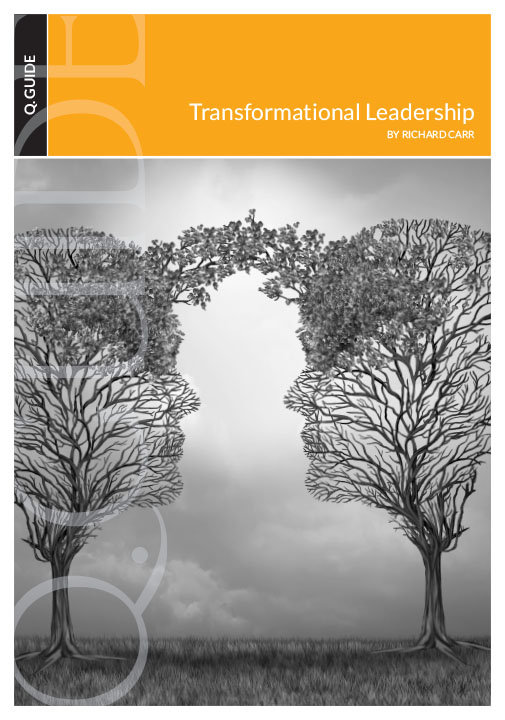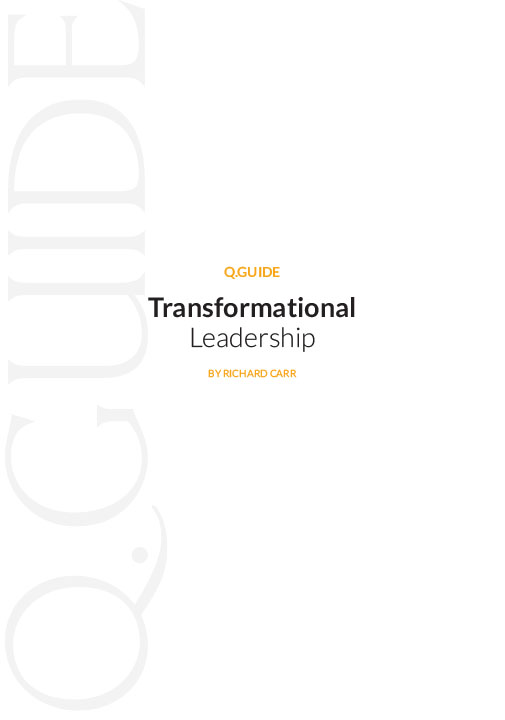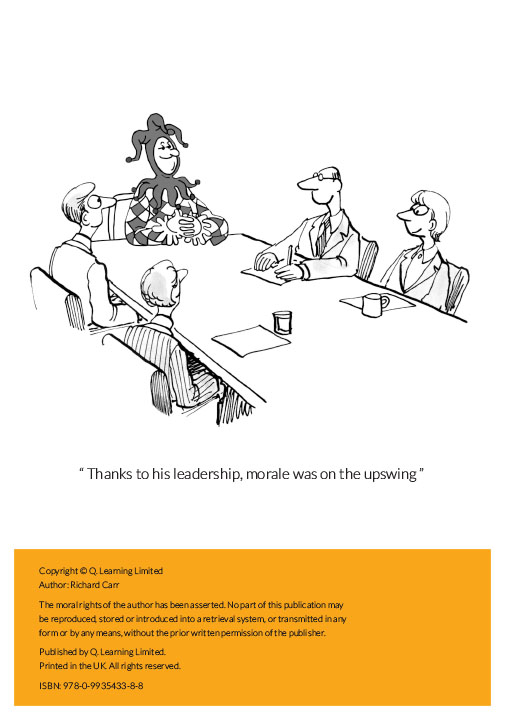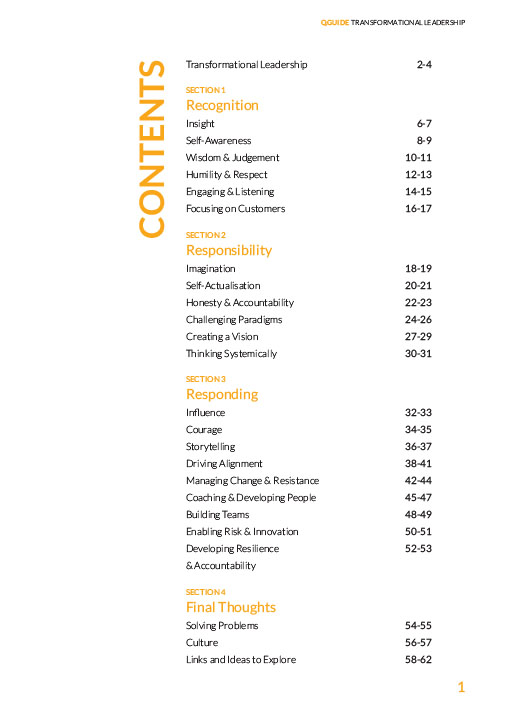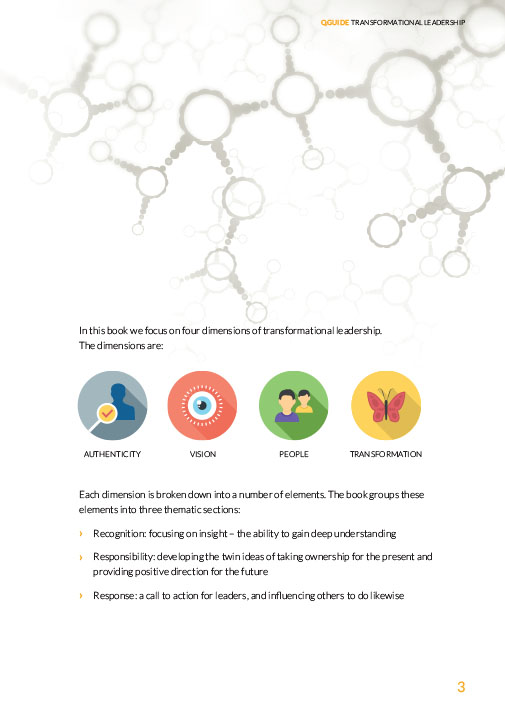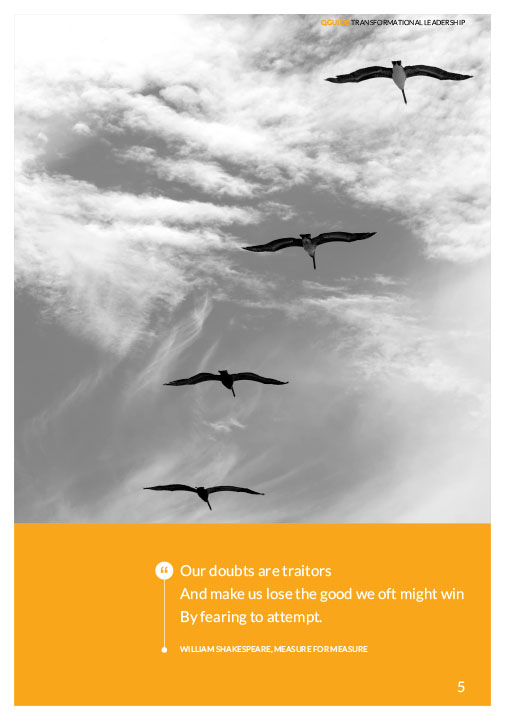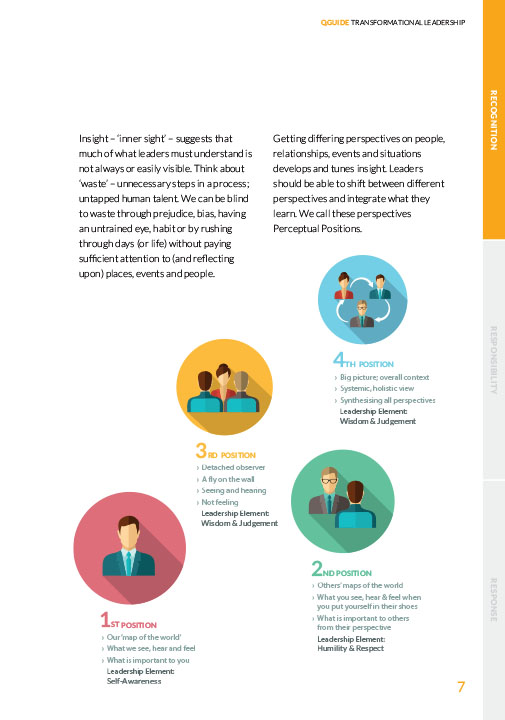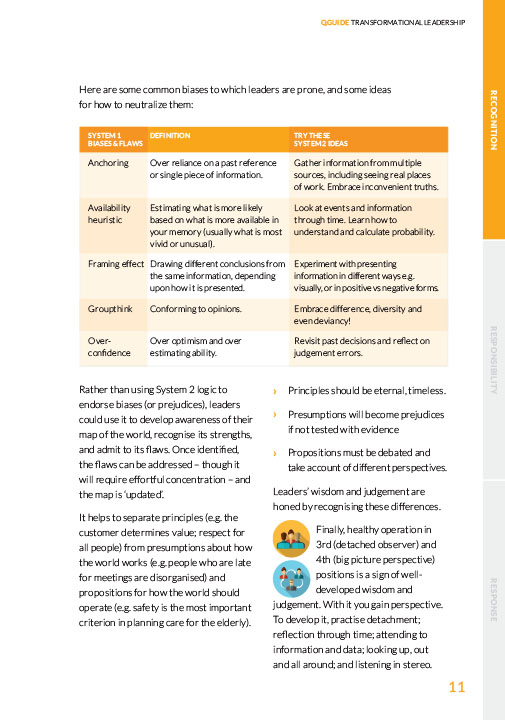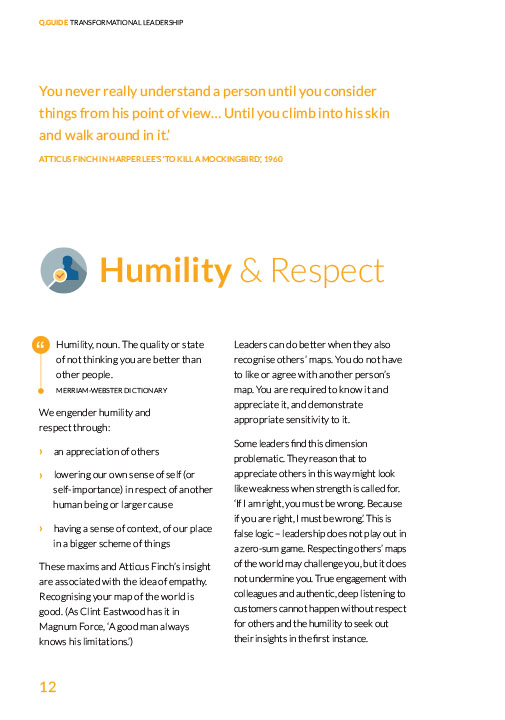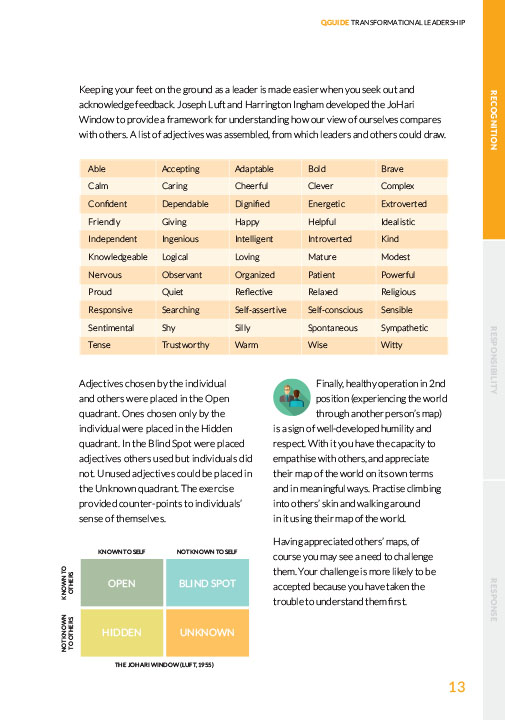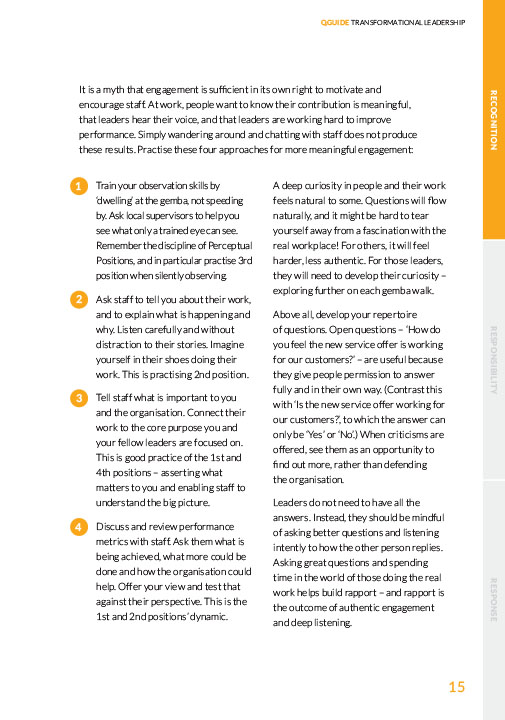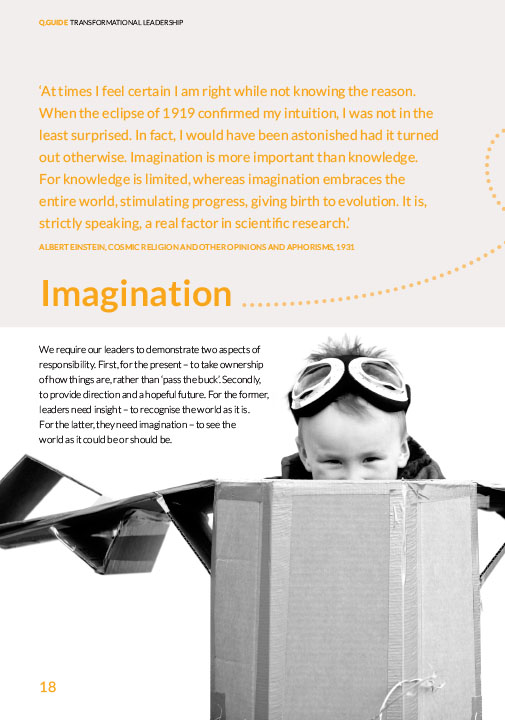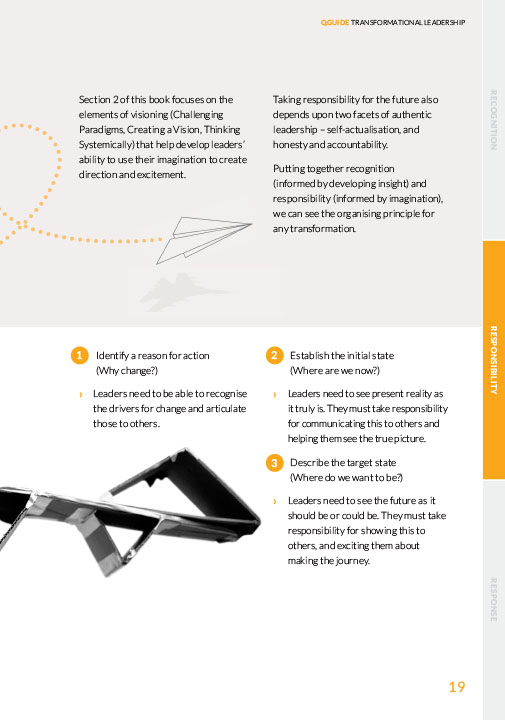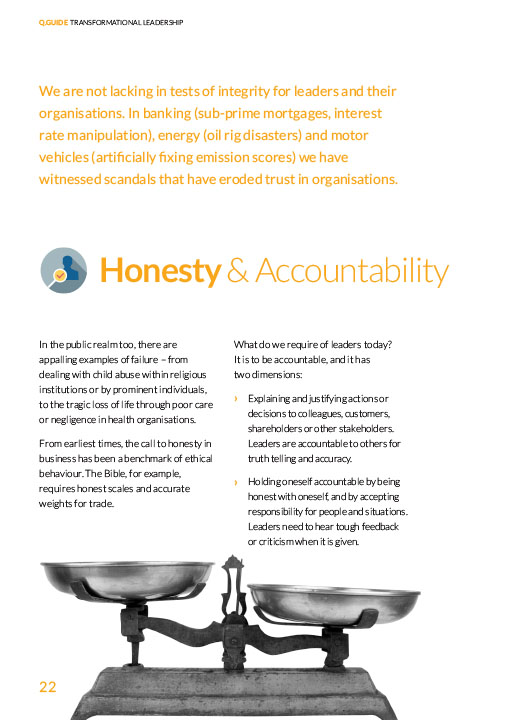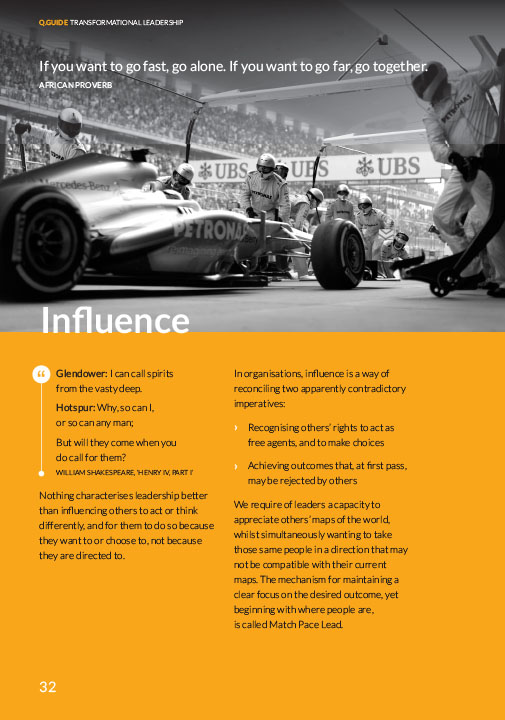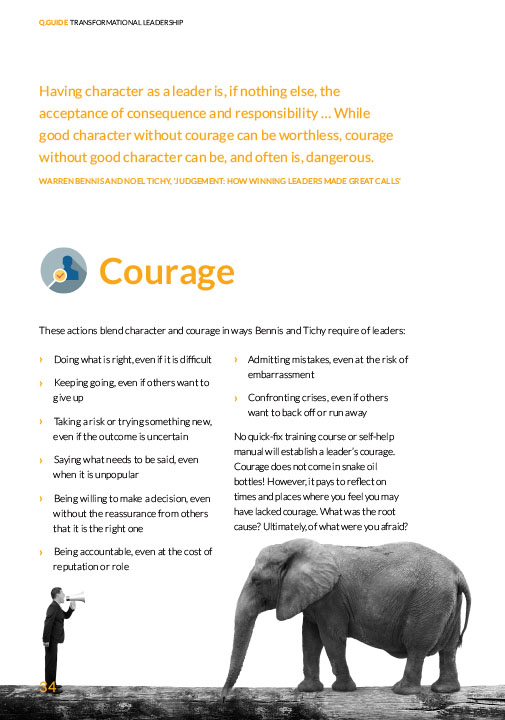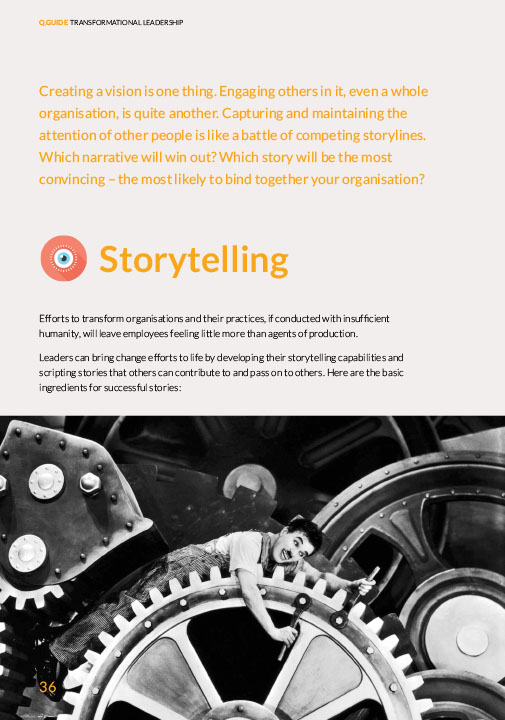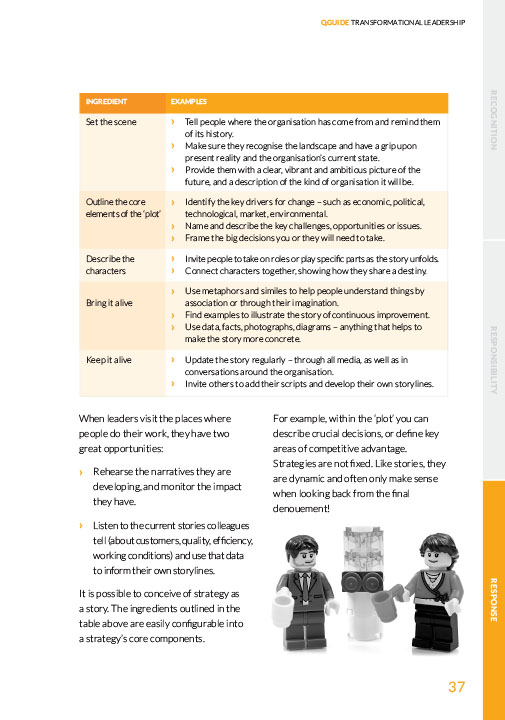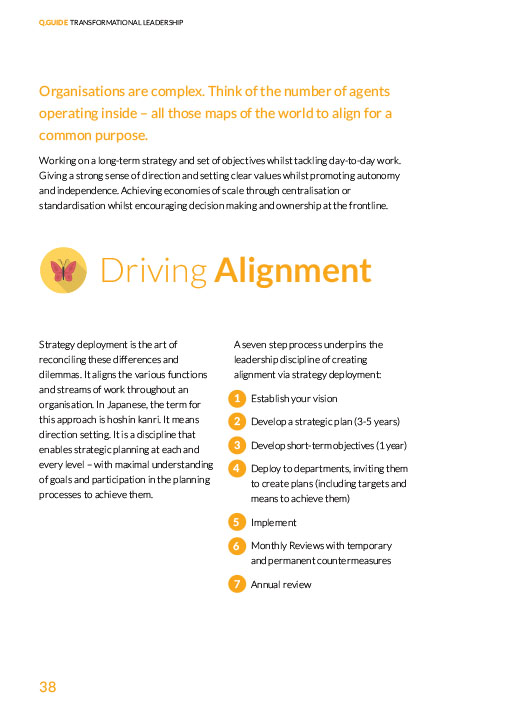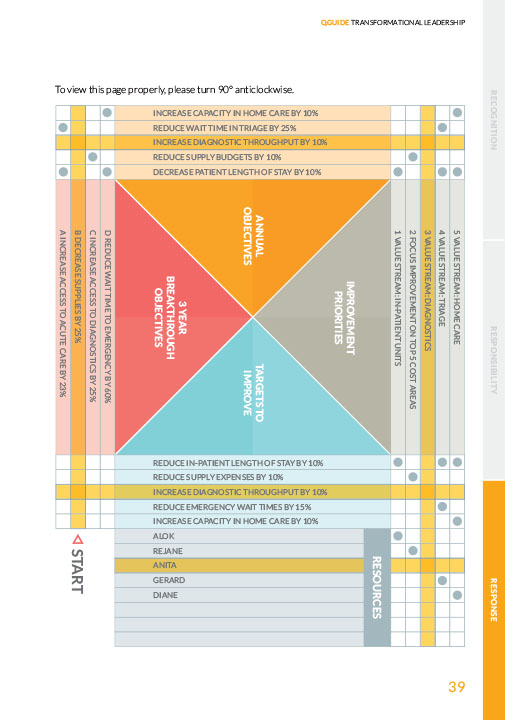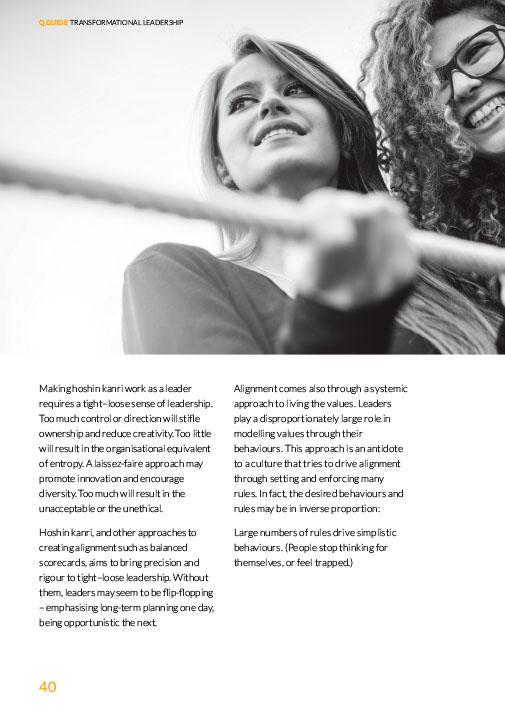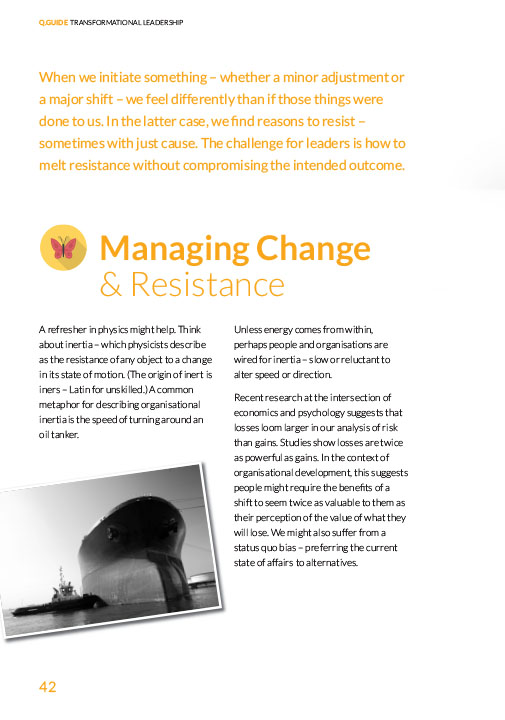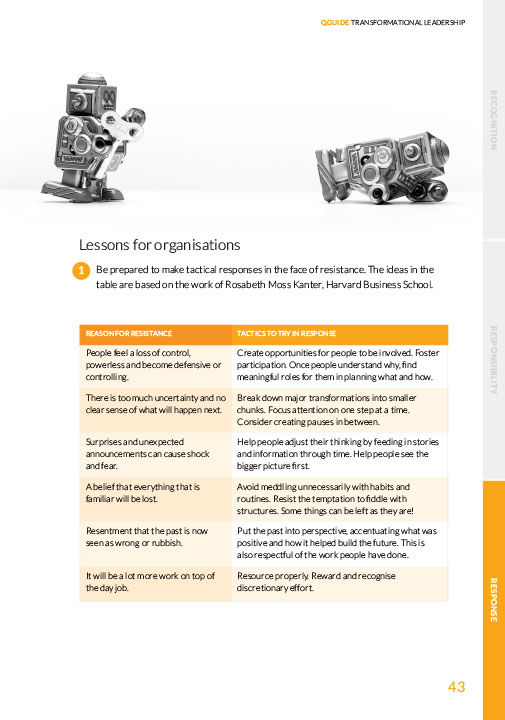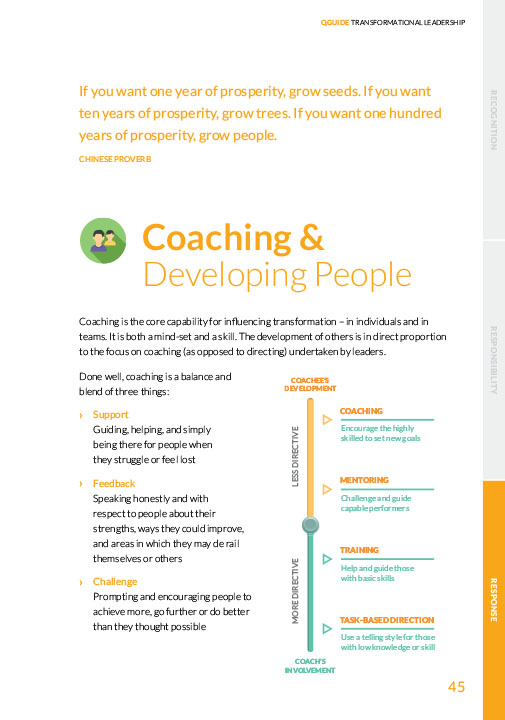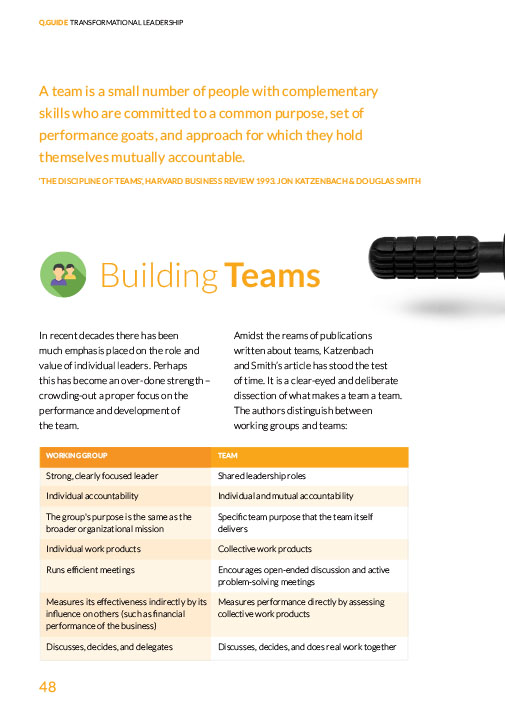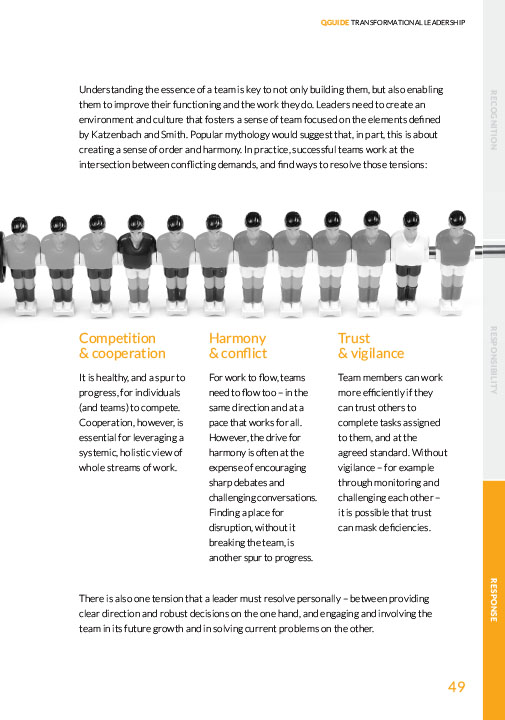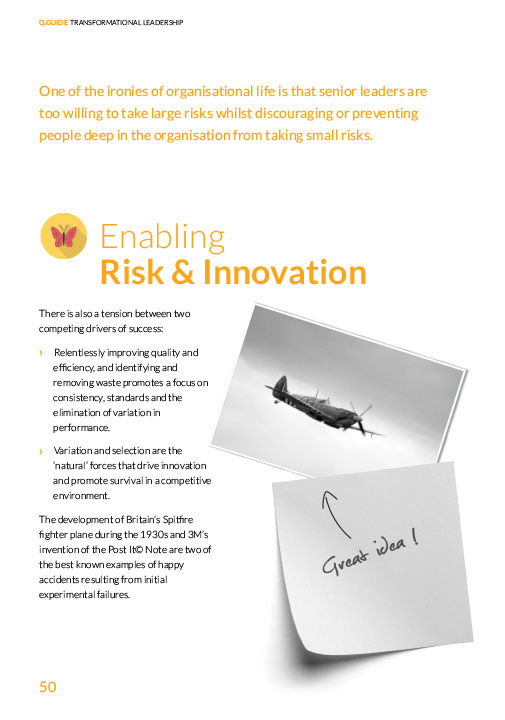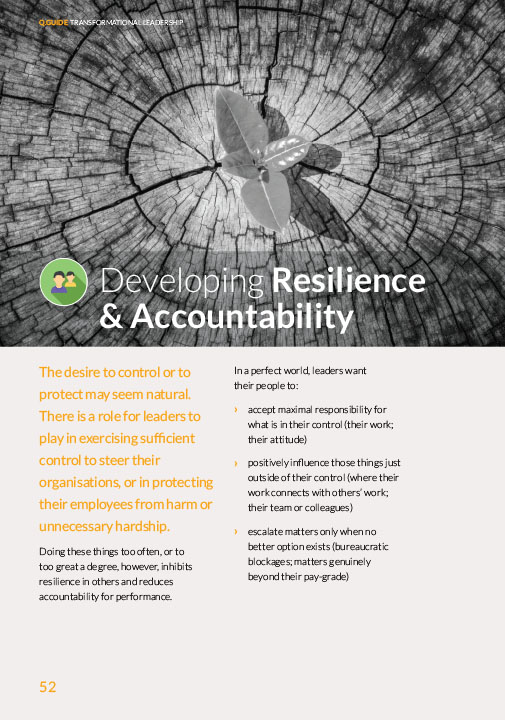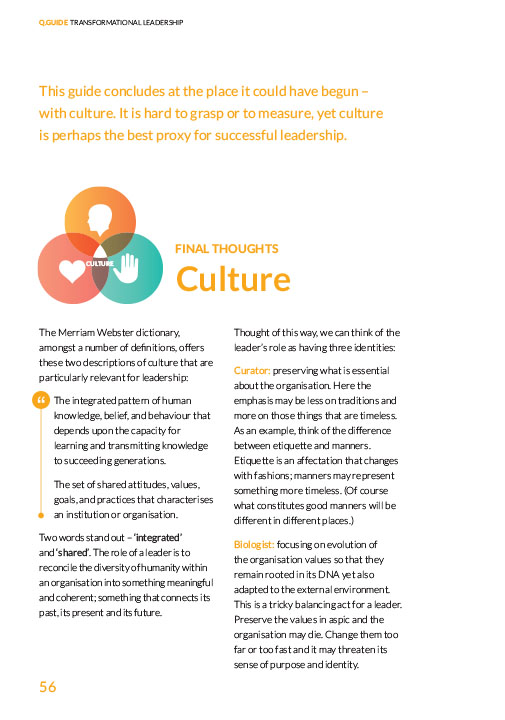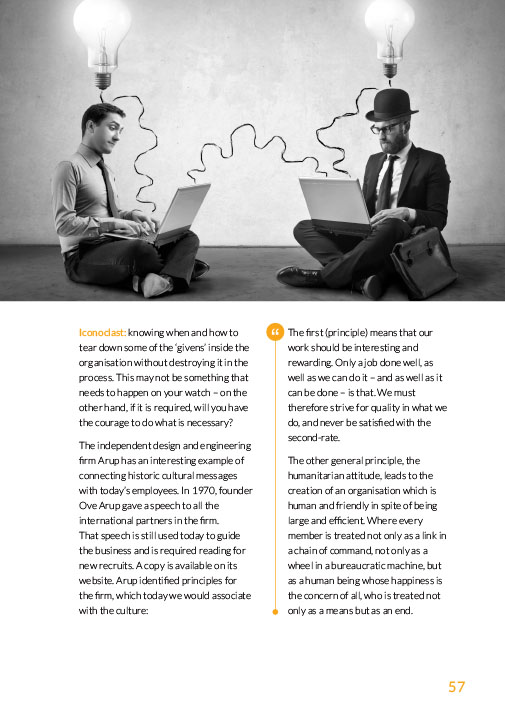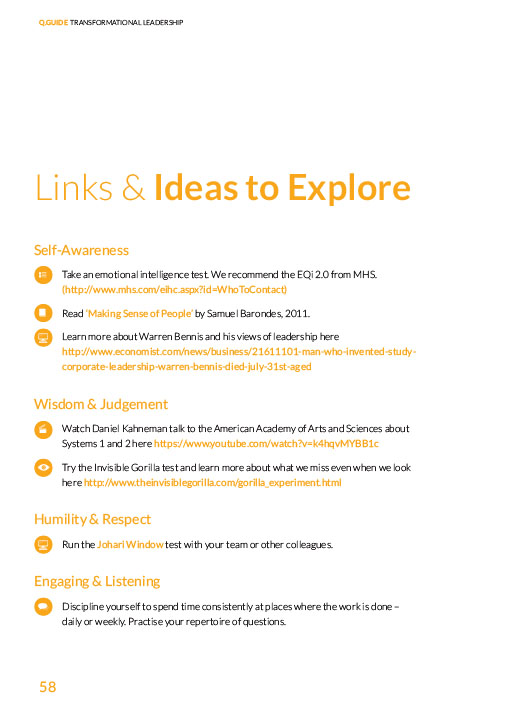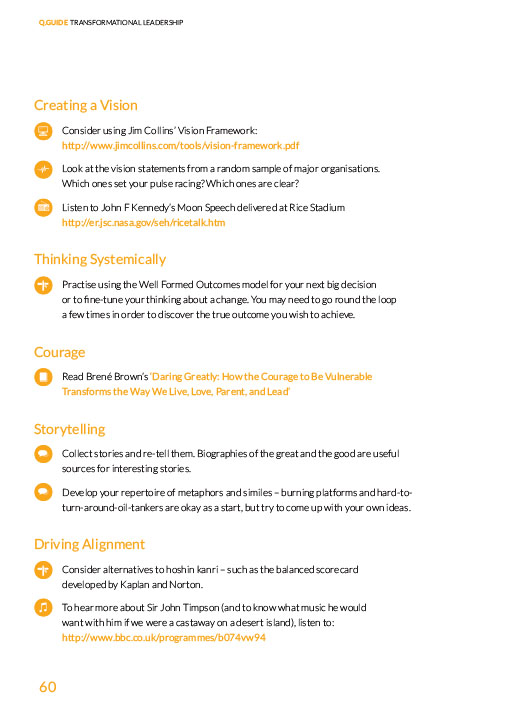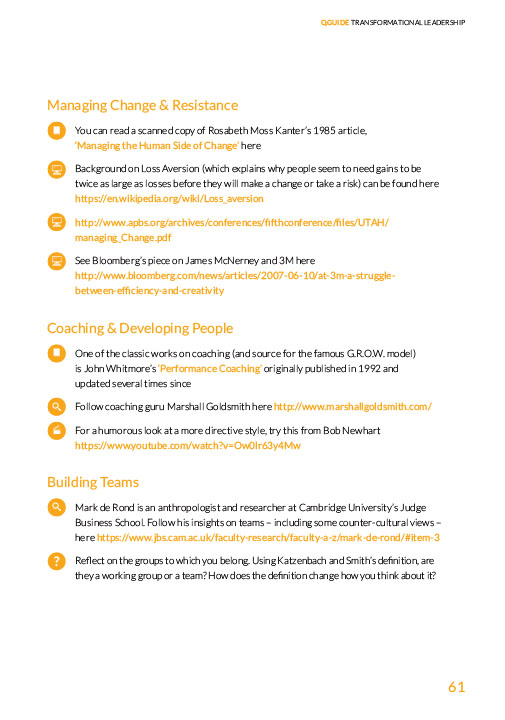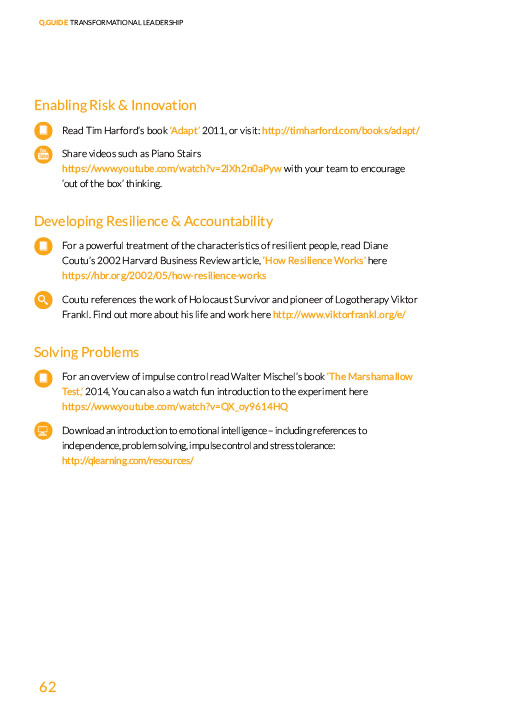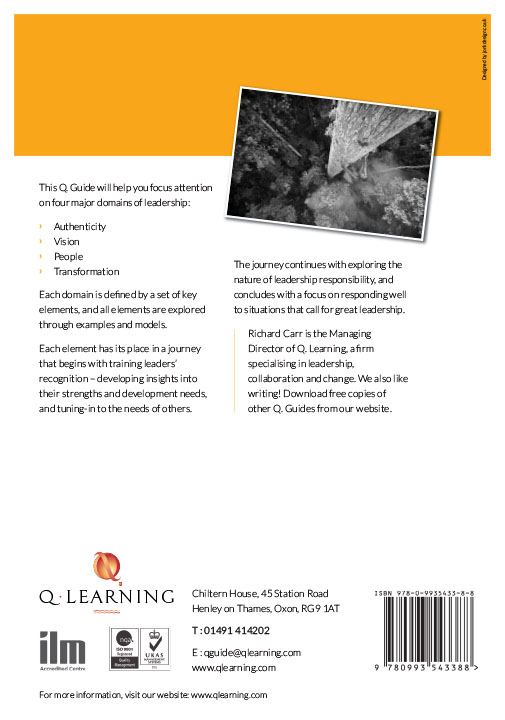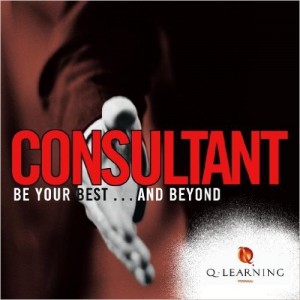All our Q.Guide Publications are now available to download, simply click the download button under each Q.Guide.
(please note a valid email address is required)
Change
Coaching Over Coffee
Conflict Management
Humans are competitive creatures, and the seeds of conflict are built deep into our genes. We fought each other on the savannah and only survived against great odds by organising ourselves into groups which would have had a common purpose, giving morale and fortitude.
Conflict seems inevitable. It is also manageable – and this brief guide will help with ideas.
Decision Making
Emotional Intelligence
We have seven big ideas about EI for you in this booklet. At the back there are links to things you can read, watch or listen to if you want to dig deeper. But before you dive in, here’s a simple summary of what EI is all about:
A set of emotional and social skills that influence the way we:
› perceive and express ourselves
› develop and maintain relationships
› cope with challenges, and
› use emotional ‘information’ effectively
Empathy
In this Q. Guide we explore empathy – and the absence of it – and look at ways in which we can improve our use of it in everyday situations and as a manager or leader. We are not required to like or agree with how other people see things. Instead, we can all do better appreciating why and how others see situations, the world or us.
Resilience
In this guide we will look at both aspects of resilience – surviving and thriving in the face of adversity, and becoming stronger through failure.
Time Management
Transformational Leadership
- Authenticity
- Vision
- People
- Transformation
Each dimension is broken down into a number of elements. The book groups these elements into three thematic sections:
› Recognition: focusing on insight – the ability to gain deep understanding
› Responsibility: developing the twin ideas of taking ownership for the present and providing positive direction for the future
› Response: a call to action for leaders, and influencing others to do likewise
